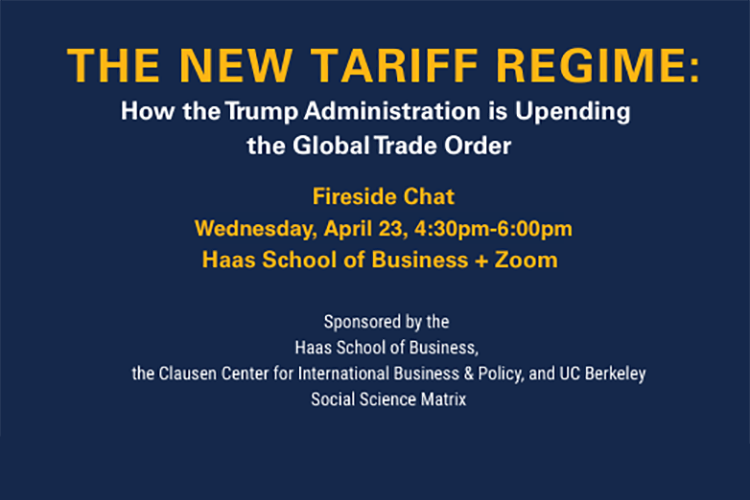
by ClausenCenter | Sep 17, 2025 | Events
Please join us for a fireside chat with professors Matilde Bombardini, Andrés Rodriguez-Clare, and Barry Eichengreen to learn more about rapidly evolving U.S. tariff policy and how it might impact trade, the economy, and international finance and policy. The discussion will include time for audience questions.
Panelists
- Matilde Bombardini is a professor and the Oliver E. and Dolores Williamson Chair in the Economics of Organization at the UC Berkeley Haas School of Business. She is also the co-faculty director of the Clausen Center for International Business and Policy. Her research focuses on international trade and interest group politics.
- Andres Rodriguez-Clare is the Edward G. and Nancy S. Jordan Professor of Economics and department chair of the UC Berkeley Economics Department. His research focuses on gains from trade; economic growth; multinational production and technology diffusion; and industrial policy.
- Barry Eichengreen is the George C. Pardee & Helen N. Pardee Chair and Distinguished Professor of Economics and Political Science in the UC Berkeley Department of Economics. His research focuses on international economic and finance issues, including exchange rates and capital flows; the European economy; Asian integration and development with a focus on exchange rates and financial markets; and the impact of China on the international economic and financial system.
- Co-sponsored by the Haas School of Business, the Clausen Center for International Business & Policy, and UC Berkeley Social Science Matrix.
April 23rd, 2025
4:30pm-6:00pm
This event will be presented in the Wells Fargo Room (C420), on the 4th floor of Cheit Hall, at the UC Berkeley Haas School of Business.
This event is free and will be presented in-person and presented online via Zoom. Please register below. We will send a link to the Zoom presentation in advance of the event.
> REGISTER NOW
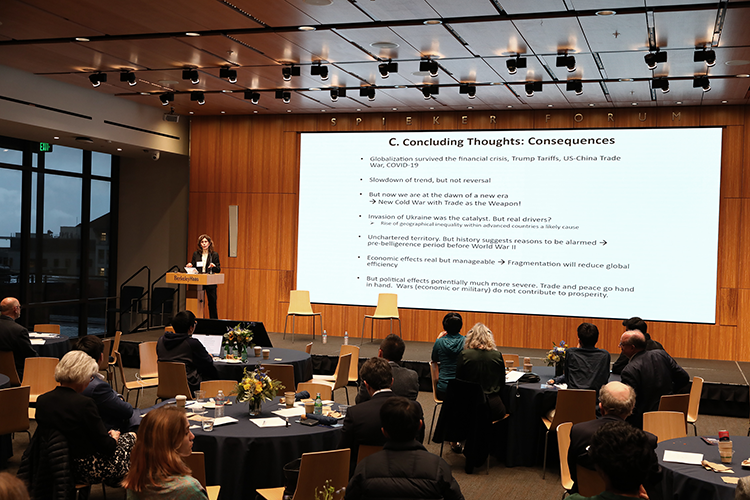
by ClausenCenter | Sep 8, 2025 | Conferences, Events
NOVEMBER 22, 2025 UNIVERSITY OF CALIFORNIA BERKELEY
UC Berkeley’s Clausen Center for International Business and Policy will hold its 5th biennial Conference on Global Economic Issues on Saturday, November 22, 2025. Details for the conference will be coming soon. Please bookmark this page and check back for further information. The Clausen conference will host prominent economists, policymakers, and industry participants. This year we welcome Gordon Hanson, the Peter Wertheim Professor in Urban Policy at Harvard Kennedy School, to give the keynote address.
PROGRAM
| 8:30-9:00am |
Registration & Breakfast |
| 9:00-9:15am |
Opening Remarks |
| 9:15-10:30am |
Session 1 – Tariffs and U.S. Manufacturing Employment
Moderator:
Matilde Bombardini, University of California, Berkeley
Panelists:
Justin Pierce, Federal Reserve Board
Susan Helper, Case Western Reserve University
Andres Rodriguez-Clare, University of California, Berkeley |
| 10:30-11:00am |
Break
|
| 11:00-12:30pm |
Session 2 – Argentina’s Macroeconomic Reforms
Moderator:
Maury Obstfeld, University of California, Berkeley
Panelists:
Luis Cubeddu, Deputy Director, Western Hemisphere Department, International Monetary Fund
Fernando Alvarez, University of Chicago
Juan Pablo Nicolini, Federal Reserve Bank of Minneapolis
José Luis Daza, Deputy Minister of Economy, Republic of Argentina |
| 12:30-1:45pm |
Lunch |
| 1:45-3:15pm |
Session 3 – Policy Levers along the Battery and EV Supply Chain
Moderator:
Severin Borenstein, University of California, Berkeley
Panelists:
Keith Head, UBC Sauder
Edward McGlone, Peak Energy
Keith Norman, Lyten |
| 3:15-3:45pm |
Break
|
| 3:45-4:45pm |
Egon & Joan von Kaschnitz Keynote Lecture
Gordon Hanson, Peter Wertheim Professor in Urban Policy at Harvard Kennedy School |
| 4:45-5:00pm |
Closing Remarks – Matilde Bombardini and Cecile Gaubert (Clausen Center Co-directors) |
| 5:00-6:00pm |
Reception |

Venue 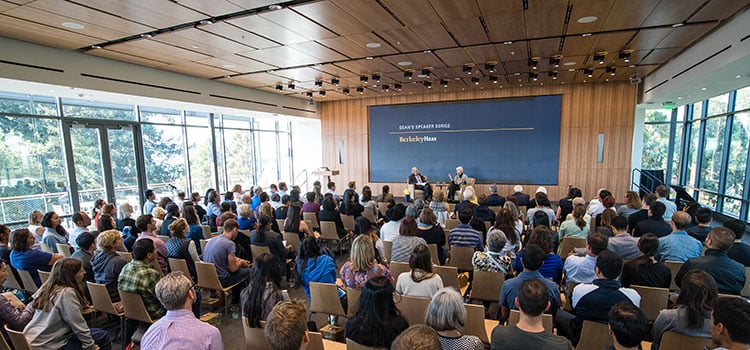
All sessions will be held at:
Chou Hall University of California Berkeley Spieker Forum (6th Floor), Cheit Ln, Berkeley, CA 94720
Parking and Transportation
Parking Parking Passes for participants can be reserved in advance. Parking validation is available at Stadium Parking Lot. Contact econevents@berkeley.edu to request a permit.
Transportation Shuttle service will be provide to and from the conference venue for all those lodging at the Claremont Hotel.
Accommodation 
Claremont Resort & Spa Conference participants are responsible for any lodging expenses. Please contact econevents@berkeley.edu for more information about discount rates.
Contact
For questions regarding conference logistics, please contact econevent@berkeley.edu
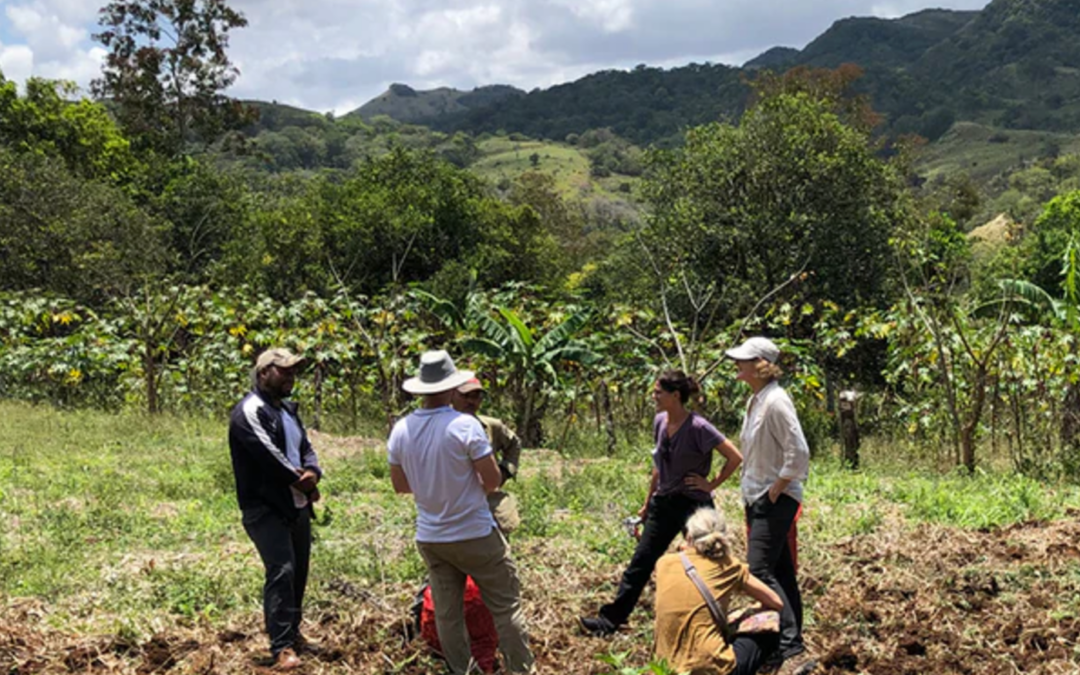
by ClausenCenter | Nov 25, 2024 | Grant, Research, Responsible Sourcing
by Alonso Alfaro-Ureña, Benjamin Faber, Cecile Gaubert, Isabela Manelici, Jose P. Vasquez||
Multinational enterprises (MNEs) increasingly impose “Responsible Sourcing” (RS) standards on their suppliers worldwide, including requirements on worker compensation, benefits and working conditions. Are these policies just “hot air” or do they impact exposed suppliers and their workers? What is the welfare incidence of RS in sourcing countries? To answer these questions, the authors developed a quantitative general equilibrium (GE) model of RS and combine it with a unique new database. In the theory, they show that the welfare implications of RS are ambiguous, depending on an interplay between what is akin to an export tax (+) and a labor market distortion (−). Empirically,they combine the near-universe of RS rollouts by MNE subsidiaries in Costa Rica since 2009 with firm-to-firm transactions and matched employeremployee microdata. They find that RS rollouts lead to significant reductions in firm sales and employment at exposed suppliers, an increase in their salaries to initially low-wage workers and a reduction in their low-wage employment share. We then use the estimated effects and the microdata to calibrate the model and quantify GE counterfactuals. They find that while MNE RS policies have led to significant gains among the roughly one third of low-wage workers employed at exposed suppliers ex ante, the majority of low-wage workers lose due to adverse indirect effects on their wages and the domestic price index.
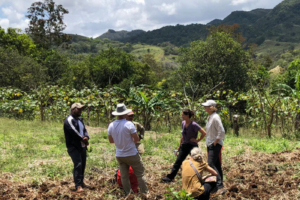

by ClausenCenter | Nov 25, 2024 | by Barry Eichengreen, Grant, International Financial Architecture, Research
by Barry Eichengreen, My T. Nguyen, Ganesh Viswanath-Natraj
Stablecoins’ reliance on centralized custodians introduces devaluation risk similar to that of traditional currencies under fixed exchange rate regimes. The authoers construct market-based measures of stablecoin devaluation risk using spot and futures prices for Tether, estimating an average devaluation probability of 60 basis points annually and peaking at over 200 basis points during the 2022 Terra-Luna crash. Key risk factors include market volatility and transaction velocity, with elevated interest rates indicating devaluation risk. Deviations from covered interest rate parity point to segmentation between traditional and stablecoin markets, driven by leverage trading and arbitrage costs. Our findings suggest the need for increased transparency and regulatory oversight to mitigate stablecoin risk.

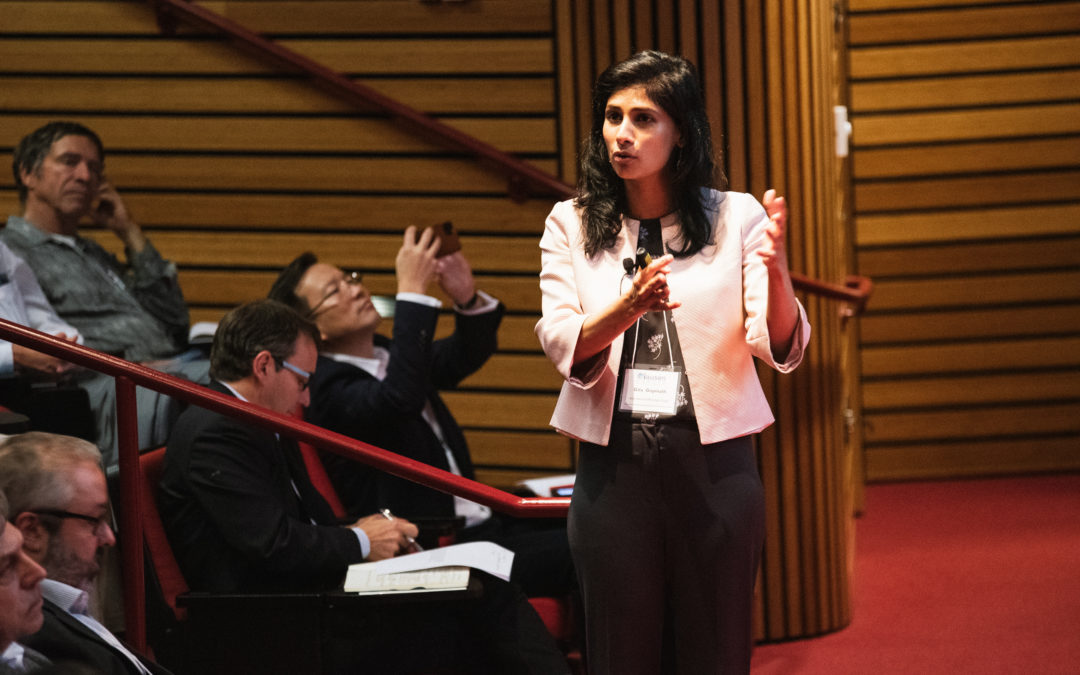
by ClausenCenter | Apr 9, 2024 | Conferences, Events
Gita Gopinath, the First Deputy Managing Director of the International Monetary Fund, will join UC Berkeley students, faculty, and staff for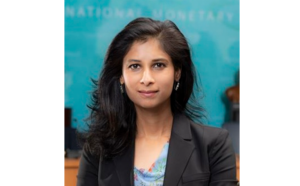 a town hall meeting on May 8, 2024 from 2:00pm-3:00pm at the Social Science Matrix venue. The event will feature an interview of Dr Gopinath conducted by current UC Berkeley students on topics ranging from debt sustainability to economic fragmentation and the role of the dollar in the global economy, followed by an open question period.
a town hall meeting on May 8, 2024 from 2:00pm-3:00pm at the Social Science Matrix venue. The event will feature an interview of Dr Gopinath conducted by current UC Berkeley students on topics ranging from debt sustainability to economic fragmentation and the role of the dollar in the global economy, followed by an open question period.
The Social Science Matrix is located on the 8th floor of the Social Sciences Building on the UC Berkeley campus. There are entrances at both ends of the building, but only one of the elevators on the eastern side goes directly to the 8th floor. You can alternatively take the stairs.
You must be registered to attend this event. Please note that this event is limited to UC Berkeley students, faculty, and staff. Attendees will be asked to present ID upon arrival. Please register using the link below:
> Register now
For more information about the event, please visit the UC Berkeley Social Science Matrix page.
If you require an accommodation for effective communication (ASL interpreting/CART captioning, alternative media formats, etc.) or information about campus mobility access features in order to fully participate in this event, please contact Chuck Kapelke at ckapelke@berkeley.edu with as much advance notice as possible and at least 7-10 days in advance of the event.
Presented by Social Science Matrix and the Clausen Center for International Business and Policy.










 a town hall meeting on May 8, 2024 from 2:00pm-3:00pm at the Social Science Matrix venue. The event will feature an interview of Dr Gopinath conducted by current UC Berkeley students on topics ranging from debt sustainability to economic fragmentation and the role of the dollar in the global economy, followed by an open question period.
a town hall meeting on May 8, 2024 from 2:00pm-3:00pm at the Social Science Matrix venue. The event will feature an interview of Dr Gopinath conducted by current UC Berkeley students on topics ranging from debt sustainability to economic fragmentation and the role of the dollar in the global economy, followed by an open question period.